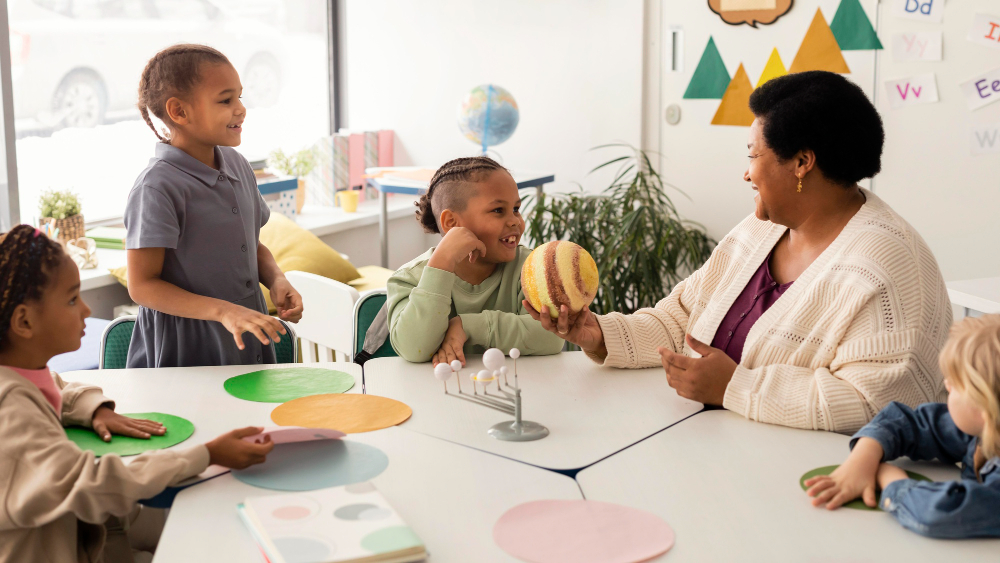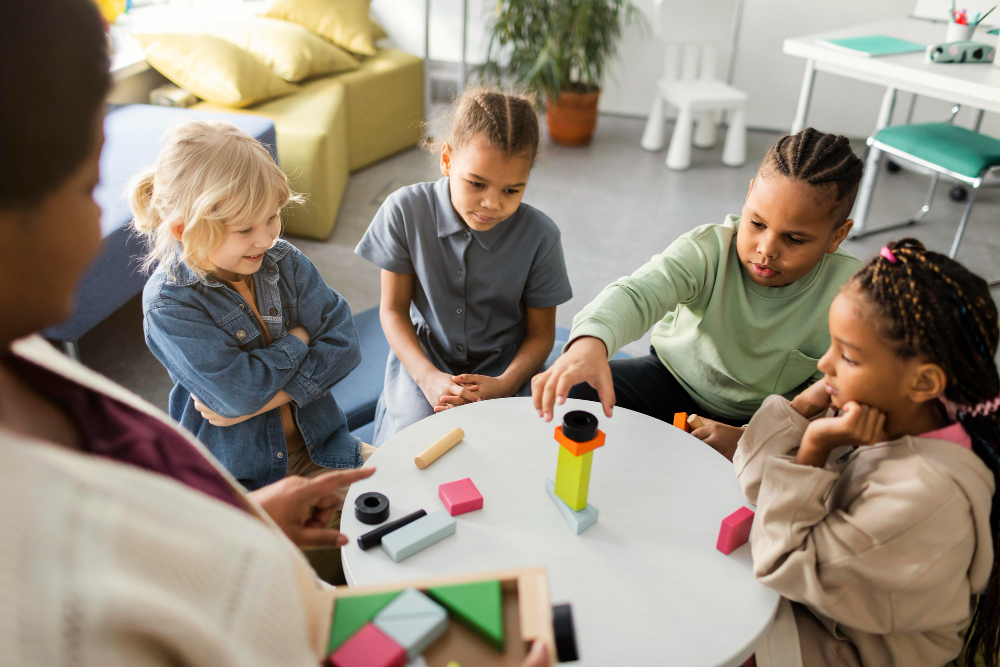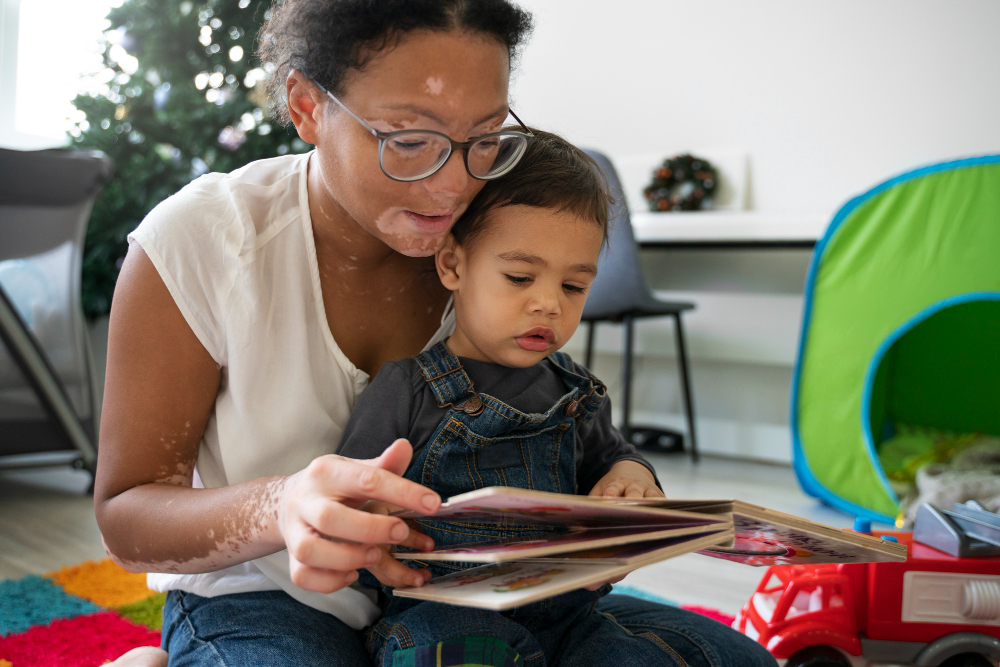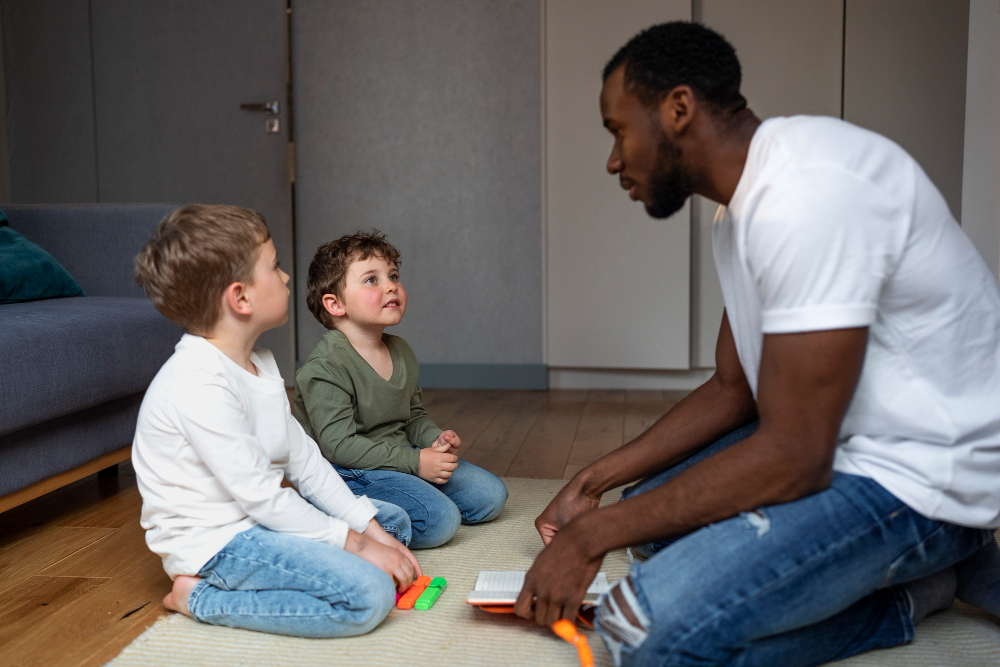Our Services
At Growth Therapy, we are committed to nurturing development and empowering individuals with autism and related developmental disorders. Our comprehensive, evidence-based services are designed to meet the unique needs of each child, helping them reach their fullest potential in a warm, supportive, and culturally responsive environment. Our team of dedicated professionals offers a range of therapies tailored to improve communication, independence, and overall quality of life.


Initial Assessment & Personalized Treatment Planning
Our therapy journey begins with a comprehensive assessment to understand each child’s strengths, challenges, and developmental needs. This initial step is crucial for creating a tailored therapy plan.
Our assessment process includes:
- Functional Behavior Assessments (FBA)
- Developmental screenings and diagnostics
- Skill-based assessments including VB-MAPP, ABLLS-R, and AFLS
- Collaborative goal-setting with families

One-on-One ABA Therapy
Applied Behavior Analysis (ABA) is at the core of our services. We offer structured one-on-one sessions to help children acquire vital life skills and reduce challenging behaviors.

Group and Social Skills Training
We support social development through carefully structured group sessions. These groups help children learn to navigate social settings, build friendships, and practice emotional regulation.

Parent Training & Family Guidance
We believe that families are essential partners in a child’s growth. Our parent training program equips caregivers with tools and strategies to support learning and behavior beyond the therapy setting.

School Readiness & Transition Services
Transitioning to school can be a big step. Our team helps children prepare for success in both mainstream and special education settings.

Daily Living Skills: Toileting, Feeding & Self-Care
We empower children to become more independent through targeted teaching of essential daily living skills.
Key Developmental Areas We Address:
- Verbal and non-verbal communication
- Social interaction and play development
- Adaptive functioning and self-care skills
- Emotional regulation and coping strategies
- Reducing challenging behaviors (e.g., tantrums, aggression, elopement)
